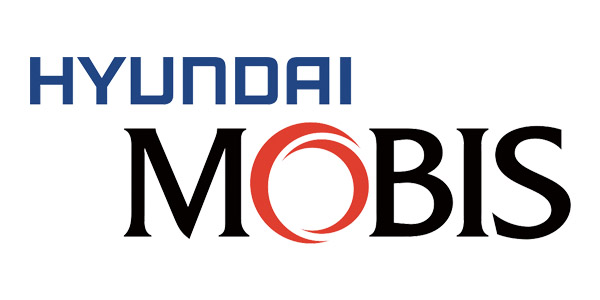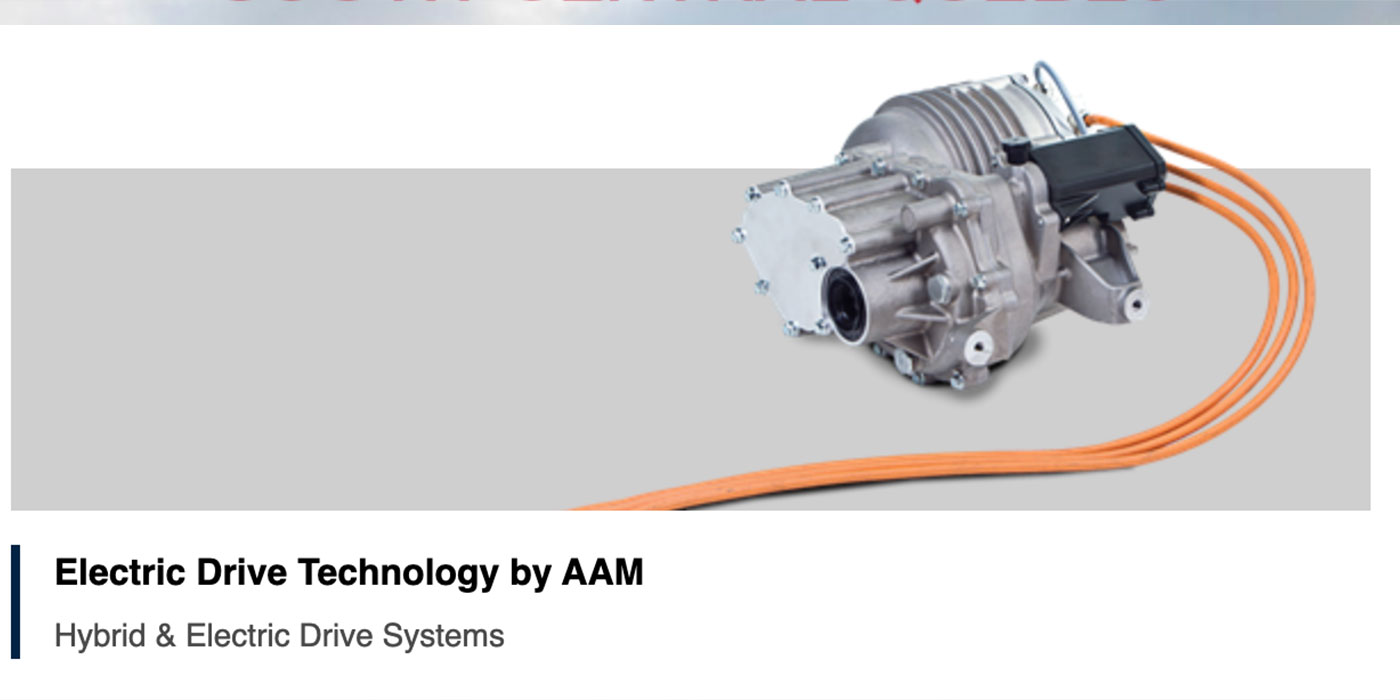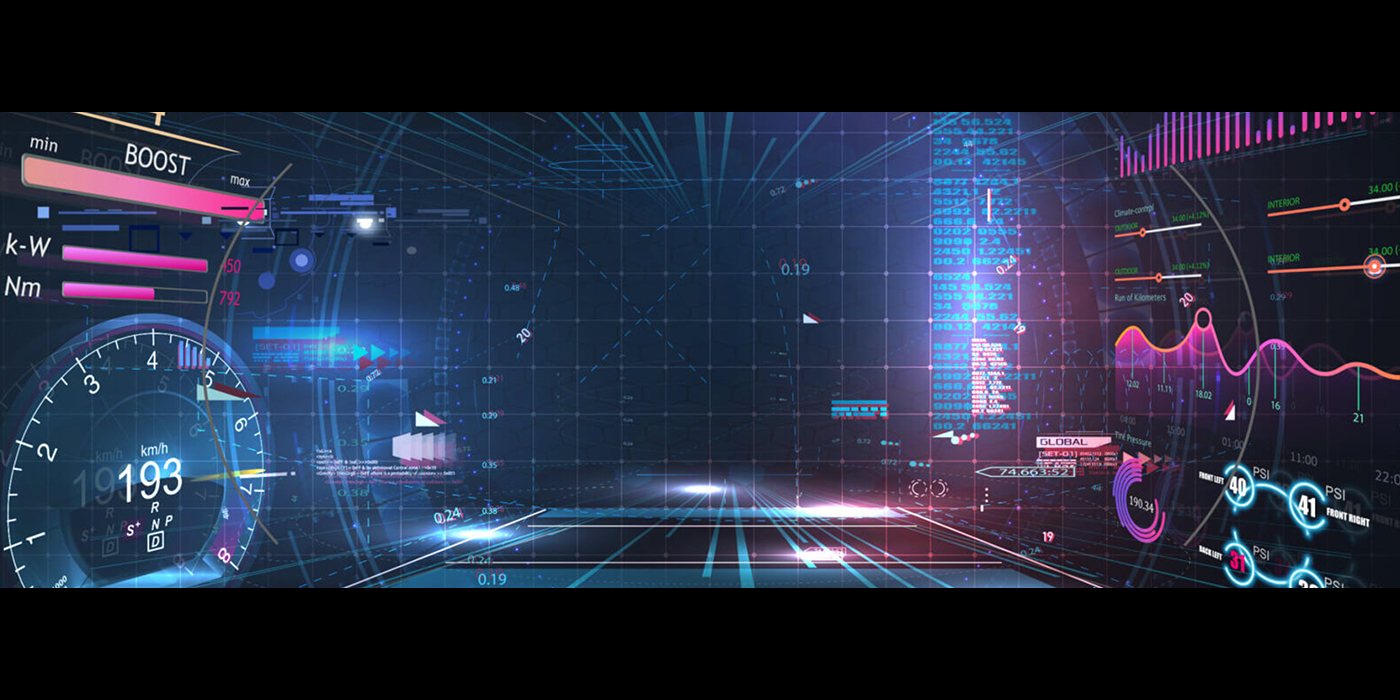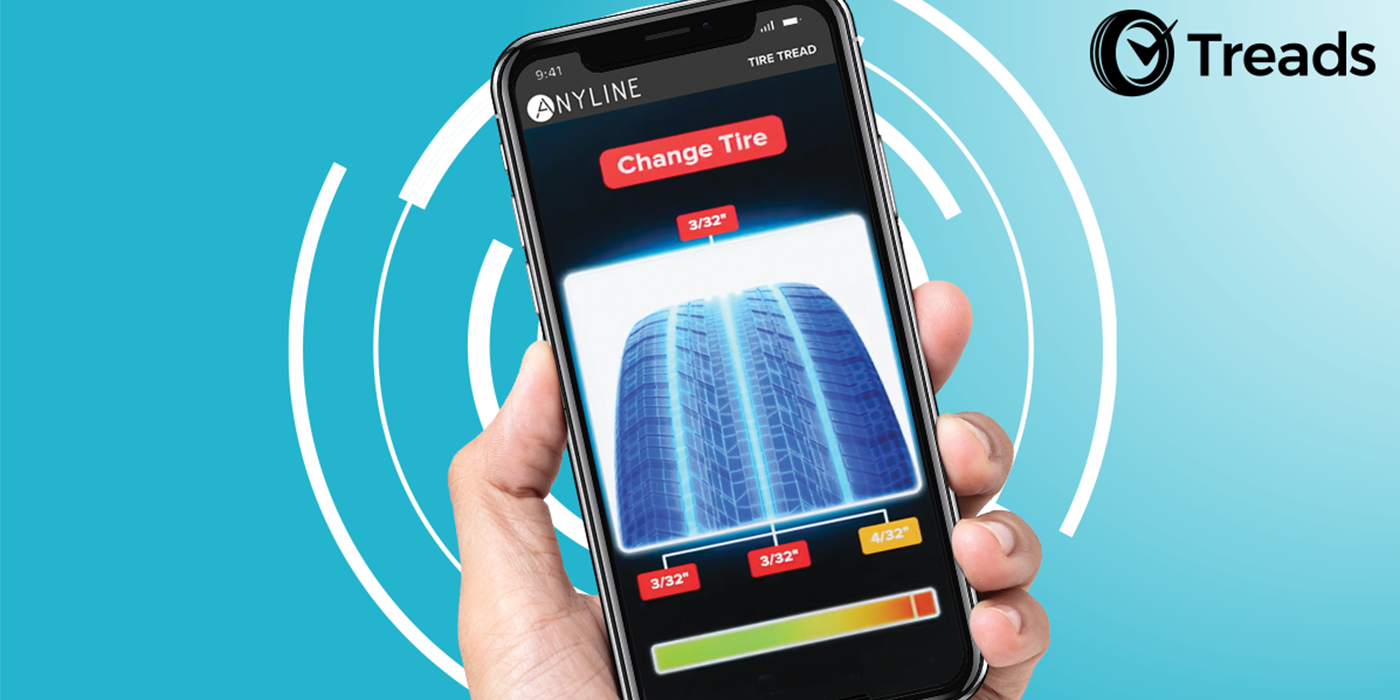 Hyundai Mobis announced that it has developed reverse-driving support technology that autonomously steers when a car goes back without the driver having to operate the steering wheel. Though there is already a function called parking assist (PA), which autonomously steers a car in reverse parking, the company says this is the first time that a technology has been specifically developed to support reverse-driving. Starting with this technology, Hyundai Mobis plans to secure further autonomous reverse-driving tech.
Hyundai Mobis announced that it has developed reverse-driving support technology that autonomously steers when a car goes back without the driver having to operate the steering wheel. Though there is already a function called parking assist (PA), which autonomously steers a car in reverse parking, the company says this is the first time that a technology has been specifically developed to support reverse-driving. Starting with this technology, Hyundai Mobis plans to secure further autonomous reverse-driving tech.
The reverse-driving support technology Hyundai Mobis developed this time is a technology that autonomously steers a car when the car goes back to the location from which it came. The method stores the speed and travel paths when a car moves forward and automatically turns the car back by calculating the speed and travel paths in reverse.
Hyundai Mobis expects that this new technology will alleviate the difficulties of reverse-driving, which is particularly challenging to inexperienced drivers.
Contrary to the driving assistance system (DAS) that directly recognizes external environments through cameras, radars and ultrasonic sensors, Hyundai Mobis’s reverse drive support tech grasps external environments through real-time driving information. Under this method, a steering angle sensor, a wheel sensor and a yaw sensor installed inside a vehicle measure the car’s speed, distance and degree of rotation.
As the whole industry has focused on forward autonomous driving technology, expensive cameras, LiDAR and radar sensors are concentrated at the front of a car. As a result, the back of a car is supported only by a rear camera and ultrasonic sensors that measure short distances, and this makes it difficult to actively recognize external environments.
To solve this challenge, Hyundai Mobis came up with the creative idea of utilizing the existing sensors of a car without having to add expensive sensors, improving both versatility and price competitiveness. Hyundai Mobis filed applications for two domestic patents and one overseas patent on this technology.
The company is now planning to develop a complete reverse-driving technology that supports both starting and braking by adding cameras and radar sensors.
“Although autonomous driving tech is at hand, it is also true that there are not many drivers who can make the most out of convenient driver support technologies yet,” said Cho Seo-goo, the head of Hyundai Mobis DAS parts development center. “We will develop more technologies like reverse-driving support technology, which can get rid of the difficulties drivers face in the car, thereby offering them more convenience.”














